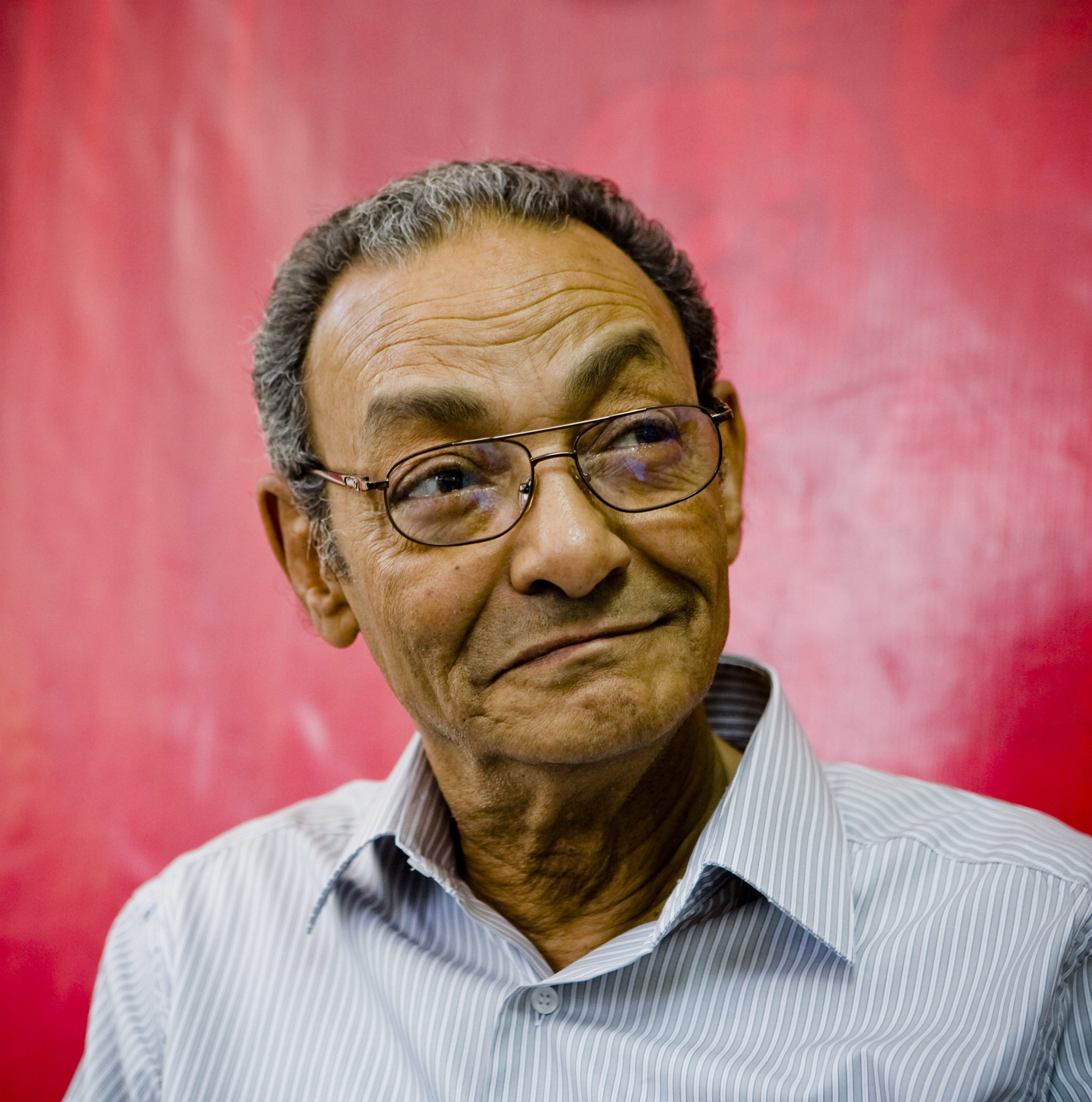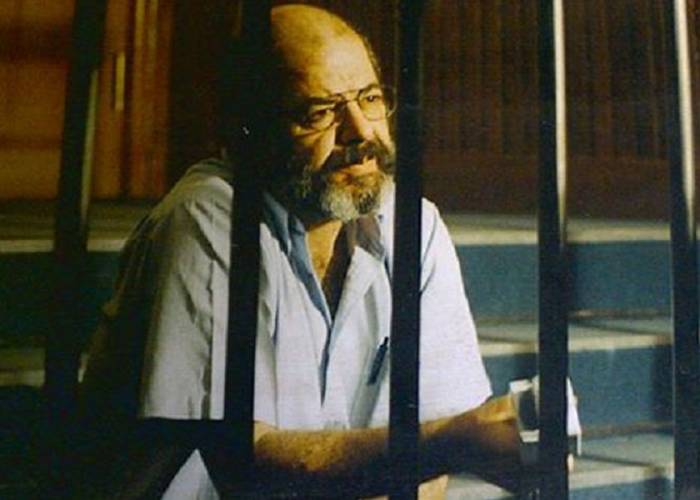Essays and Features
The Imperialism of Indifference: From Colonial Voice to Reliable News Source Trusted by Generations, the BBC Closes its Iconic Arabic Radio After 85 Years
The demise of BBC Arabic closes a chapter in modern Arab history. This is not a romantic or idealistic lamentation. Any Arab student or scholar who lived through or part of the post-WWI era of the 20th century can easily recognize the association between BBC Arabic and major political events. The question becomes not who are the writers of history — it is a history written by the literate or middle classes as opposed to a popular history.
A Legacy Recorded in Eulogy: Abdulaziz al-Maqaleh (1937-2022), Pillar of Yemeni Letters Whose Words Touched Generations of Arab Writers
Brexit and Lebanon’s Economic Collapse Close the Chapter of London’s Iconic Saqi Bookshop
Like a picture captured in history, the iconic arched façade and intricate pilasters of Al Saqi Books have overlooked London’s Westbourne Grove Street for decades, welcoming patrons and everyday passersby on the street with an enticing array of books lining its display windows. A yellow and blue shop sign greets visitors, donning the bookstore’s logo: a man carrying a waterskin on his back, leaning down to pour water for two children.
Artist, Activist, and Guardian Angel of the Literary Word: Mai Ghoussoub’s Long Journey from Trotskyite to Liberal-Democrat
Baha Taher: Noble Intellectual and Literary Phenomenon
Ghassan al-Jibai (1952-2022)
Remembering A Courageous Writer: His Refusal of Censorship, of Exile, and of Silence
The late Syrian writer Ghassan al-Jibai (1952-2022) was known for his intellectual activities across various art forms, from theater to novels and poetry — but though his craft came in many forms, each harnessed his steadfast opposition to tyranny and oppression. His career as a theater director, dramatist, and writer suffered immensely under the Syrian regime.
A Lebanese Journalist’s Harsh Parting Words to the Former President!
Once the Cinderella of the Arab Screen, Tragedy Overshadowed Layla Murad’s Life and Career
A common methodology for Arab critics, journalists, historians, and academics in studying different cinema, music, and other art fields is to categorize them under “Golden” or “Classic” eras, which are defined based on a system of values, a code of behavior, or another classification, such as progressive or conservative. The downside of this method is that it may not allow for impartial analysis and may prevent a thorough understanding of the subject at hand.










